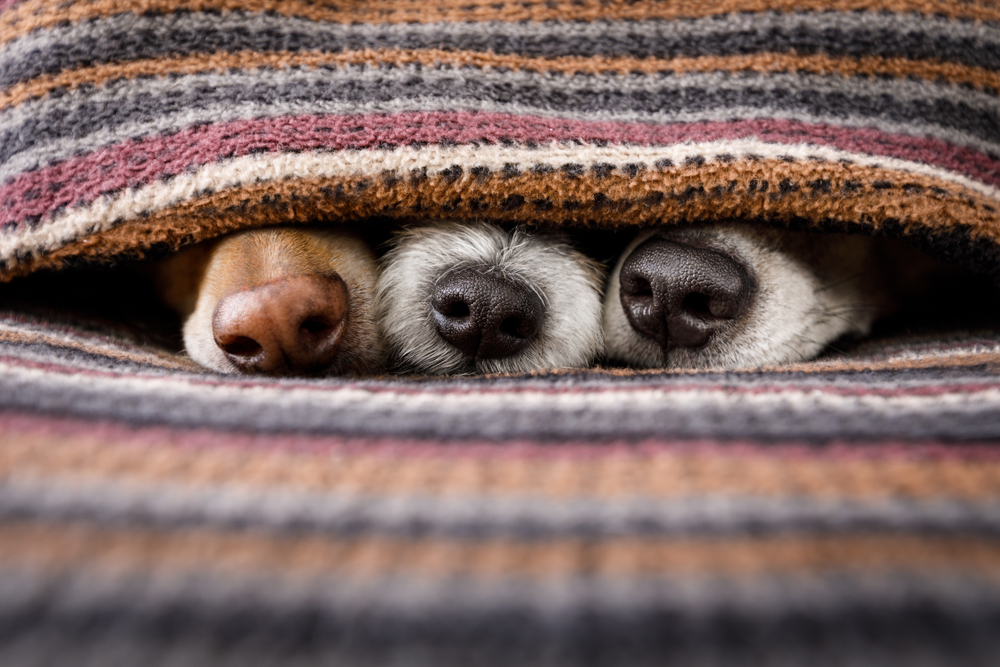
Why Do Dogs Sleep So Much
If you’ve ever marvelled at how much your dog can sleep, you’re not alone. While humans typically sleep around eight hours a day, most dogs need about 12 to 14 hours of sleep daily, with some larger breeds needing up to 18 hours. But why is this, and what does it say about their needs and instincts?
One reason dogs sleep so much is their unique sleep cycle. Unlike humans, who go through long periods of deep sleep, dogs are polyphasic sleepers, meaning they sleep in shorter, more frequent bursts throughout the day. This is an adaptation from their wild ancestors, who needed to remain vigilant for potential predators and couldn’t afford long, uninterrupted sleep cycles. Even domesticated, our dogs have retained this pattern.
The amount a dog sleeps can depend on their breed, size, age, and activity level. Larger dogs, for example, have more body mass to maintain, which requires more sleep to replenish energy. Working breeds like Border Collies may sleep less because they’re bred for high energy and agility, while a large, calm breed like the Mastiff may sleep more due to its naturally lower energy levels. Age also plays a major role—puppies and older dogs need more sleep for growth and recovery, respectively.
Dog sleep patterns aren’t just about physical rest, though. Sleep serves an important function in processing information and retaining training. Just like humans, dogs benefit from mental rest to strengthen their memories and learning. If your dog recently learned a new trick, you may notice them napping more as they solidify that learning in their brain.
Interestingly, a dog’s mood can also impact how much they sleep. Dogs that are bored or don’t receive enough mental stimulation will often sleep more simply because there’s nothing else to do. Dogs are social creatures that need engagement, so ensuring they have enough exercise and interaction is essential for their well-being. If a typically energetic dog suddenly becomes more sedentary, it could be a sign of illness or emotional distress and may warrant a check-up with the vet.
In summary, while dogs’ sleep patterns may seem extreme, they’re rooted in natural behaviours and essential for both mental and physical health. Providing ample stimulation and a comfortable sleeping environment allows them to rest and recharge, so they can be at their best when they’re awake and active. So the next time you see your dog in one of their many daily naps, know that they’re simply following their instincts—and ensuring they’re ready for their next adventure with you.





